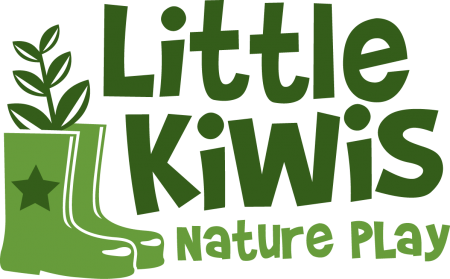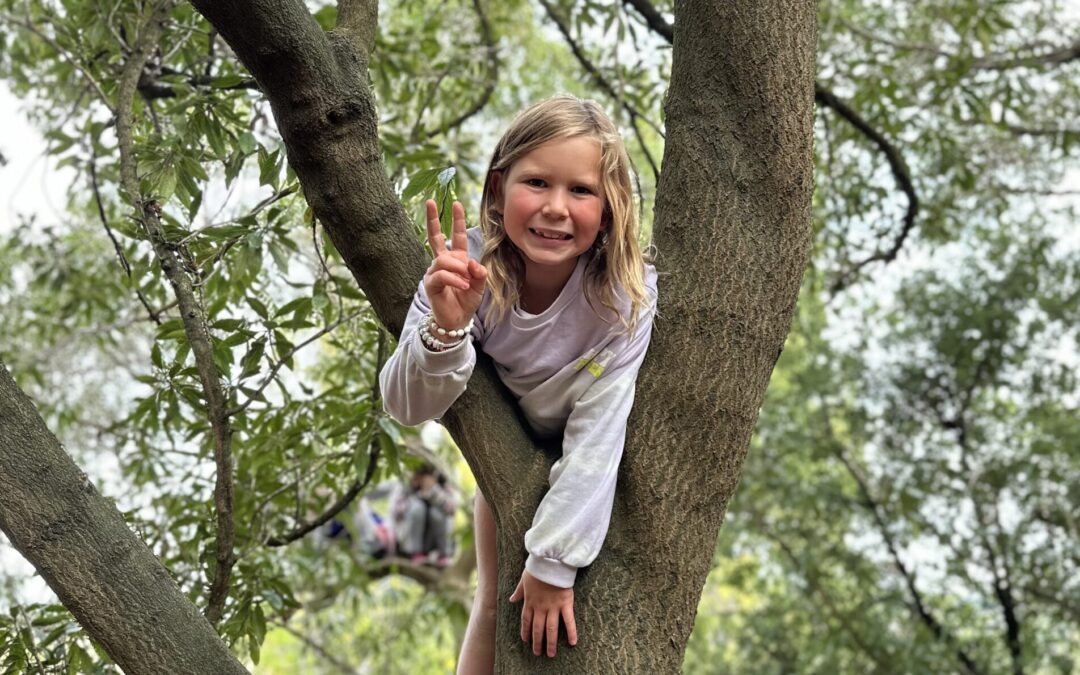The emotional and psychological states of parents are directly reflected in the children they care for. Numerous studies reveal that adults experiencing stress or mental health challenges are more likely to exhibit heightened levels of anxiety, irritability, or emotional distress—conditions that can easily impact their interactions with children. This can create a negative feedback loop, where an adult’s mental state leads to less optimal parenting practices, ultimately affecting the child’s emotional and social development.
Conversely, when parents and teachers are emotionally and physically well, they are better equipped to provide a nurturing, supportive environment. Their positive mental state fosters a sense of safety and security in children, encouraging them to explore, learn, and thrive.
Role Modeling Resilience and Coping Strategies
Children learn by observing the behaviours and attitudes of the adults around them. Adults who prioritise their own well-being are often seen modelling healthy behaviours, resilience, and effective coping strategies. This role modelling is crucial; when children witness adults practising self-care, setting boundaries, and managing stress constructively, they are more likely to emulate these behaviours in their own lives.
Teaching children about healthy emotional regulation, stress management, and the importance of seeking help when needed sets them up for long-term success. They cultivate resilience, adaptability, and self-awareness—their mental and emotional toolkits for navigating life’s challenges.
Creating Stable, Nurturing Environments
The well-being of parents significantly impacts the stability and quality of the home environment. Caregivers who feel overwhelmed or unwell may struggle with providing consistent routines, emotional support, or clear boundaries. Stability is particularly crucial for young children, as it forms the bedrock of their security and trust in the world around them.
When a parent’s needs are addressed—whether through community support, mental health resources, or simply time for self-care—it allows for the creation of a nurturing environment. Such an environment, characterised by love, consistency, and support, underlies children’s ability to explore their world confidently.
Building Stronger Relationships
Quality relationships between parents and children are vital to healthy development. Parents who prioritise their well-being tend to be more present, engaged, and emotionally available for their children. They are better able to communicate effectively, practice active listening, and provide appropriate responses to children’s needs.
In addition, positive engagement nurtures a child’s emotional intelligence and social skills. When parents model healthy communication and emotional expression, children learn to cultivate their relationships, enhancing their capacity for empathy, cooperation, and conflict resolution.
The Link Between Parent Burnout and Child Outcomes
Parent burnout is a significant concern and can lead to adverse outcomes for children. Prolonged stress and exhaustion can result in diminished patience and responsiveness, potentially leading to harsh disciplinary practices or emotional withdrawal. Research indicates that children of burnt-out parents may experience higher rates of behavioural struggles, developmental delays, and emotional difficulties.
Investing in parent wellness can mitigate these risks. Support systems, access to mental health care, and community resources can alleviate the pressures on parents, helping them maintain balance in their lives and remain tuned in to their children’s needs.
Encouraging Healthy Family Dynamics
Family dynamics are often influenced by the parents’ mental and emotional health. Caregivers who prioritise their well-being are more likely to foster open communication, mutual respect, and shared responsibility within the family unit. This promotes healthier family systems and equips children with relationship skills necessary for future interactions.
Additionally, when parents collaborate and support one another—whether in co-parenting arrangements or within community circles—it reinforces a network of interdependence. Such collaboration cultivates a sense of belonging and connectedness, providing children with a broader social framework from which to draw support.
The well-being of parents is far from a personal concern; it is linked to the health and resilience of future generations. Prioritising your own well-being ensures you can foster an environment that provides emotional security, healthy relationship dynamics, and resilience in both parents and children. If you are not well in yourself, you can’t be the best you can be. The challenge lies not only in caring for our children but in ensuring we are caring for ourselves.
Celia Hogan is a parenting coach, speaker and nature education specialist.
Want to improve your own well-being and find calm in the chaos of modern day parenting? Find out more about the Mums Matter Program here: https://ako.littlekiwisnatureplay.com/mums-matter-online-program/

